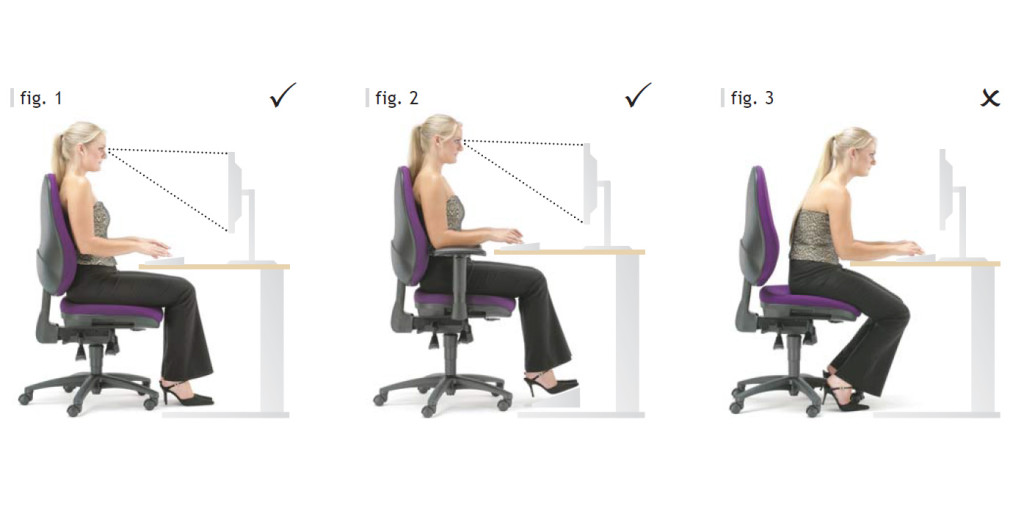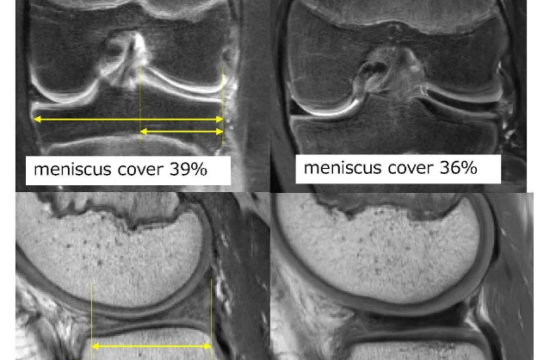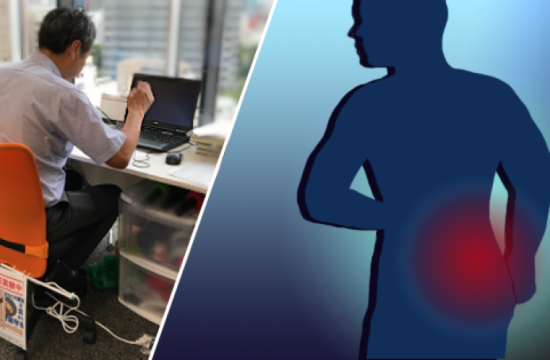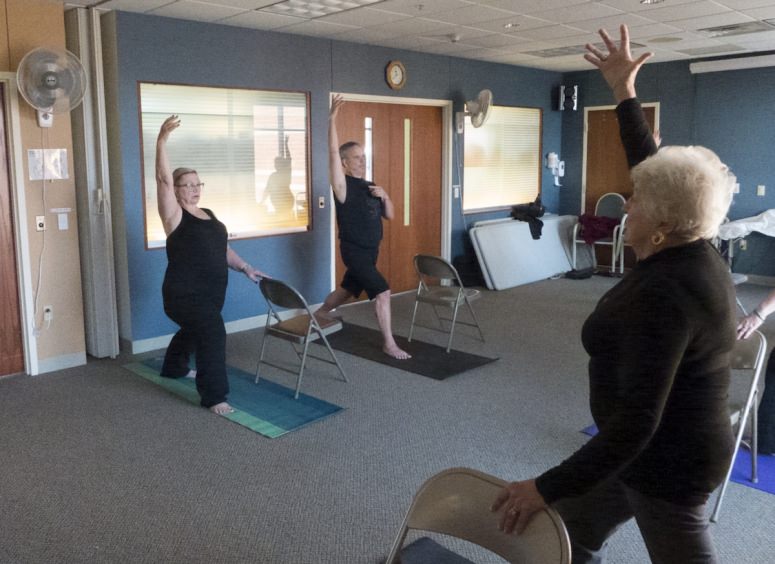
Even in poor lighting or at a distance when all the details are fuzzy, you probably could identify your friends simply by how they stand or walk. Posture is possibly the most unconscious expression of ourselves. Yet it is possible to make changes to how we hold ourselves, and in this way we can shape our lives and possibly even our destinies.
Power

Amy Cuddy, an American social psychologist proposes a simple life hack: Assume a “power posture” for just two minutes each day to improve your destiny. As she explains, social scientists have noted how expansive, open postures reflect high power, while narrow, closed postures reflect low power in humans as well as non-human primates. Yet, these postures not only display power, they also can produce it. In fact, researchers have proven in various studies when people adopt high power poses they increase their feelings of dominance, risk-taking behavior, power, action orientation, pain tolerance, and actual testosterone. At the same time, people who adopt high power poses reduce their anxiety and actual cortisol (the stress hormone). Ultimately, her advice amounts to little more than reminding us to embrace the salesman’s credo “fake it till you make it.” But maybe we can all stand to hear good advice repeated one more time.
Mood
While some hanker after power, others simply want to feel more positive and generally up-beat, both worthwhile goals. Through various experiments Dr. Erik Peper, San Francisco State University, has assessed how body posture affects subjective energy level as well as the ability to generate positive and negative thoughts. In one experiment, his test subjects either skipped, swinging their arms in an upward motion, as they walked down a hall or slouched as they walked down the hall. Almost all of the skipping participants reported feeling more energetic, happier, and positive. Meanwhile, those who had slouched reported nearly the opposite emotions; they felt sad, lonely, isolated, sleeping, and “zombie-like.”
Memory
In another series of experiments, Peper discovered body posture can affect the recall of positive or negative memories. When sitting in a collapsed position and looking downward, participants in a study found it much easier to recall hopeless, helpless, powerless, and negative memories, than empowering, positive memories. When sitting upright and looking upward, it was difficult and for many of the participants nearly impossible to recall hopeless, helpless, powerless, and negative memories and easier to recall empowering, positive memories. An upright posture improves memory in general, some say, because sitting up straight helps increase blood flow and oxygen to the brain, and according to some accounts, by up to 40 percent.
Confidence
A study conducted by researchers at Ohio State University in 2009 found that sitting up straight reinforced confidence. In this study, 71 students were divided into two groups and instructed to maintain opposite postures while answering prompts in a business questionnaire. Those who held the upright, confident posture were much more likely to rate themselves in line with whatever they wrote down; their posture gave them confidence in their thoughts, no matter what they might be. Students who had assumed the slumped over, less confident posture, were rarely convinced by their own thoughts, whether they be positive or negative. In the end, students felt themselves empowered to rate themselves more highly when in the upright rather than the slouched position because the former posture led to confidence in their own positive thoughts.
Digestion
Good posture tones core muscles supporting your digestive organs. Researchers believe a slouched posture may contribute to more than one digestive problem, including acid reflux, constipation, and even hernias. Hunched shoulders can lead to a less than ideal digestion. “When you sit in a crunched position, your intestines are folded up as well,” Steven Weiniger, author of Stand Taller — Live Longer, told Prevention “And that slows everything down.” It is a good idea to move around after eating or, at the very least, sit upright.
Bones
Proper alignment puts less stress on the spine and helps you have good posture. Yet, it also helps your skeleton support your body mass as is intended and in turn this keeps your bones strong and healthy. Poor posture, on the other hand, requires your muscles and connective tissue to “hold you up.” Essentially, then, they do the work of your bones and, over time, your bones become weaker. To strengthen your bones and avoid osteoporosis, it is important that you stand tall.
Headaches
A study conducted by Italian researchers in 2008 compared two groups of government employees over an eight-month period. One group included 175 participants and acted as the control in the experiment. The other (intervention) group included 169 participants who were asked to perform posture exercises every two to three hours, reminded to avoid excessive muscle contractions of the neck and shoulder area, and educated as to the benefits of posture, among other lessons. Participants in both groups used diaries to track their headaches, neck, and shoulder pain, and their use of pain medication. At the end of eight months, the intervention group reported 41 percent fewer headaches, 43 percent less neck and shoulder pain, and a 51 percent reduction in the use of pain medication.
Source: Medicaldaily









